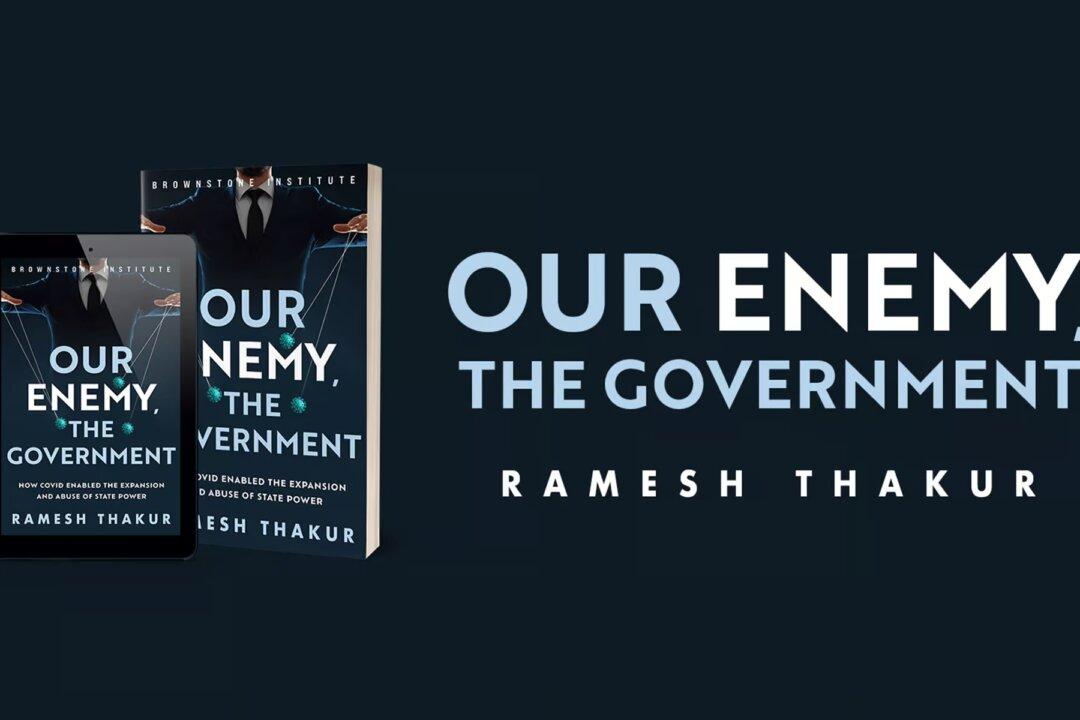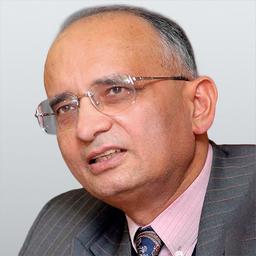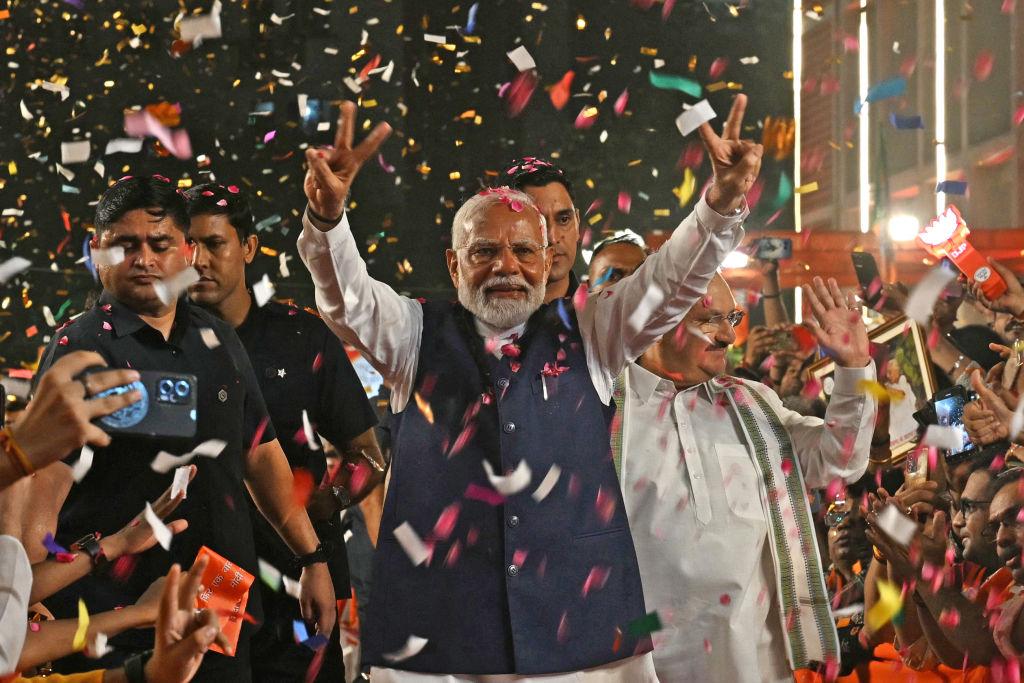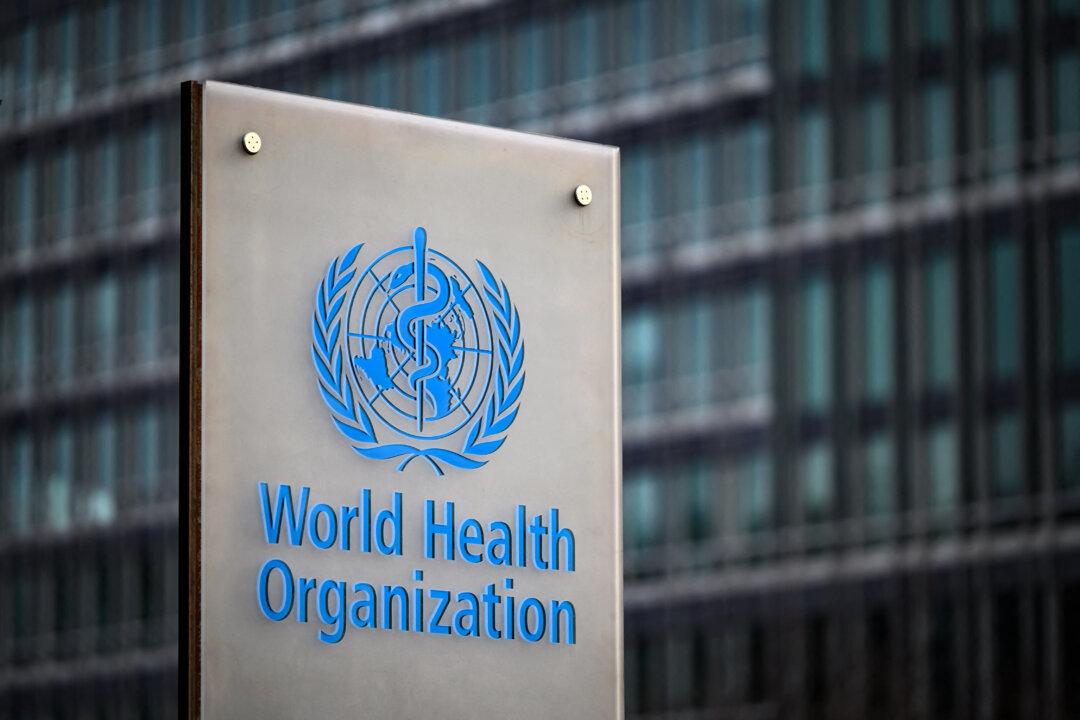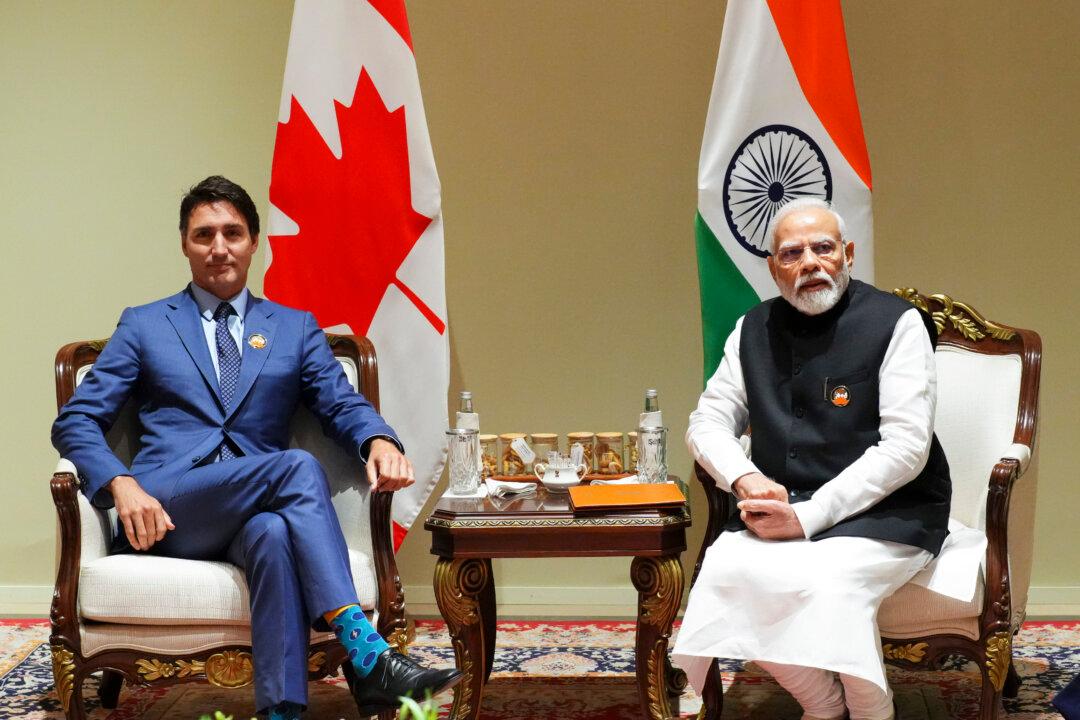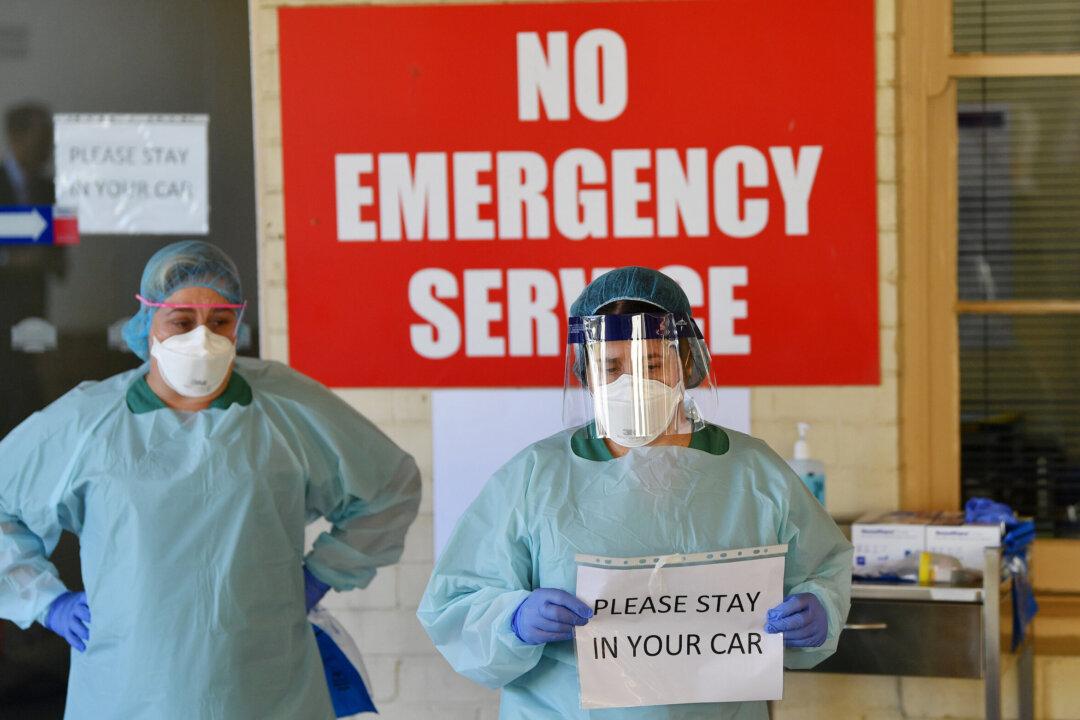Commentary
The years of living with increasingly oppressive COVID-19 restrictions and mandates is a tale of many villains complicit in tyranny and a few heroes of resistance. It’s a story of venal, incompetent politicians and brutish police—thugs in uniform—acting at the behest of power-drunk apparatchiks.
